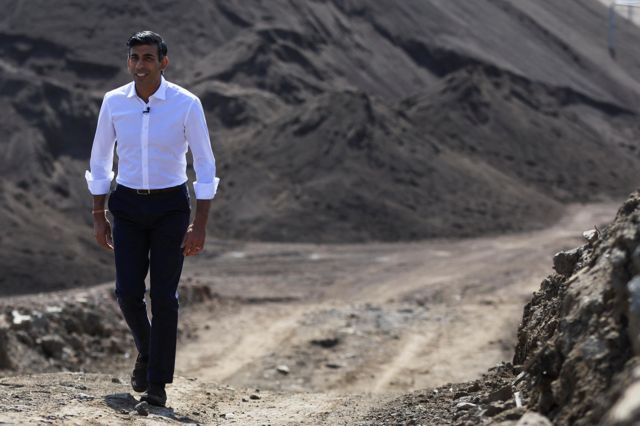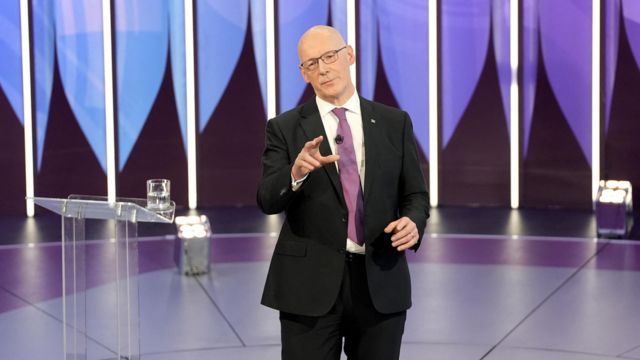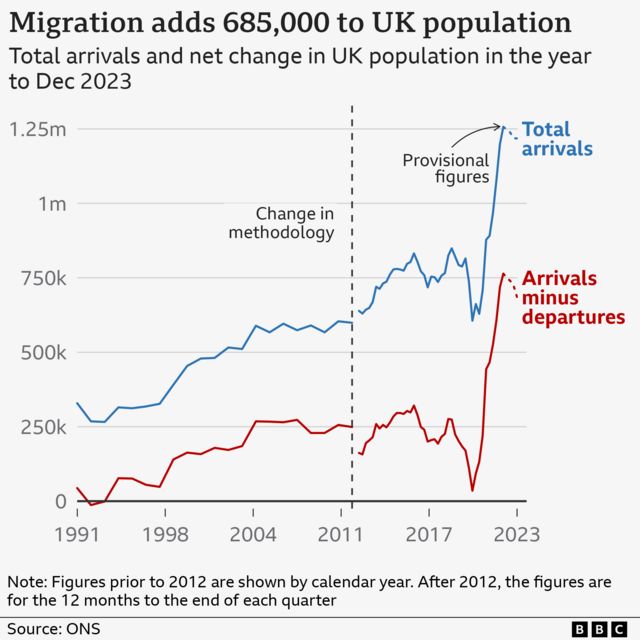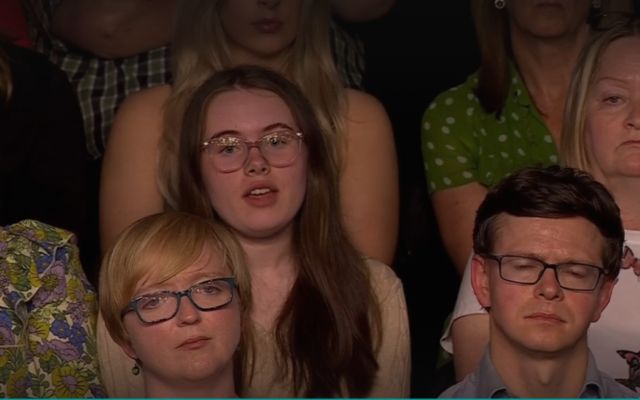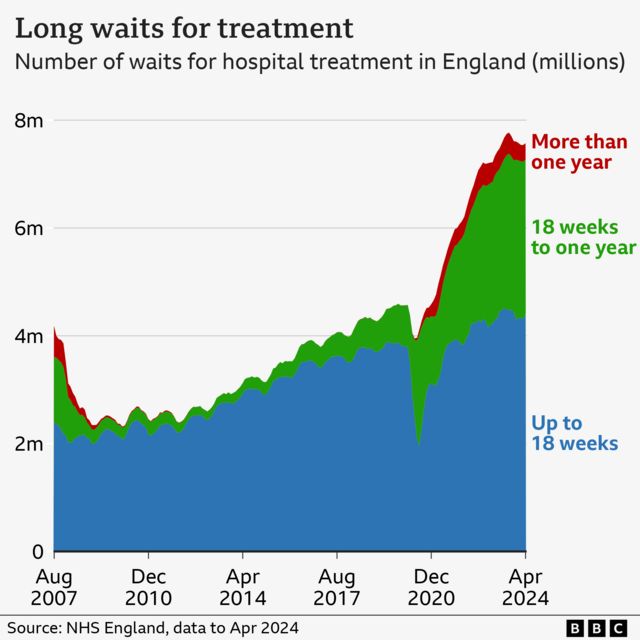Thanks for readingpublished at 23:28 20 June
We're ending our coverage now - thank you for joining us for the Question Time Leaders' Special.
You can see our round-ups here and here, while our chief political correspondent Henry Zeffman's snap analysis is here.
For a fuller recap, read our 10 key takeaways here.
We'll be back tomorrow morning with more breaking news, analysis, and reporting from the campaign trail. See you then.

